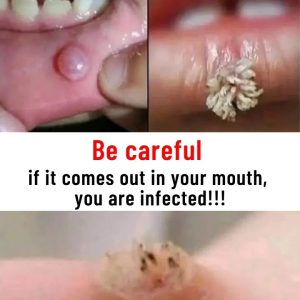In a groundbreaking development, scientists at the UC Davis Comprehensive Cancer Center in Sacramento, California, have uncovered a promising new approach to cancer treatment.
Their research, published in the journal Cell Death & Differentiation, reveals that CD95 receptors, also known as Fas or “death receptors,” can trigger a self-destruct mechanism within cancer cells.
These CD95 receptors are located on the surface of cells, and when activated, they initiate a cascade of molecular events that lead to cell death. While their role in maintaining cellular balance has been recognized, their potential in cancer therapy is only now coming to light. “Previous efforts to target this receptor have been unsuccessful. But now that we’ve identified this epitope (target), there could be a therapeutic path forward to target Fas in tumors,” stated Jogender Tushir-Singh, senior author of the study and associate professor in the Department of Medical Microbiology and Immunology.
Currently, standard cancer treatments include surgery, chemotherapy, and radiotherapy, along with immune-based therapies like CAR (chimeric antigen receptor) T-cell therapy. Though effective for certain cancers, long-term remission remains a challenge for CAR T-cell therapies.
The study’s findings suggest that targeting the Fas epitope could overcome therapeutic resistance by inducing programmed cell death. This approach holds promise for enhancing the efficacy of existing immunotherapies and extending their benefits to solid tumors. “It is evident that the success of CAR-T therapy relies on off-target killing by Fas,” Tushir-Singh noted.
This discovery offers renewed hope in the fight against cancer, potentially leading to more effective treatments and improved patient outcomes.





